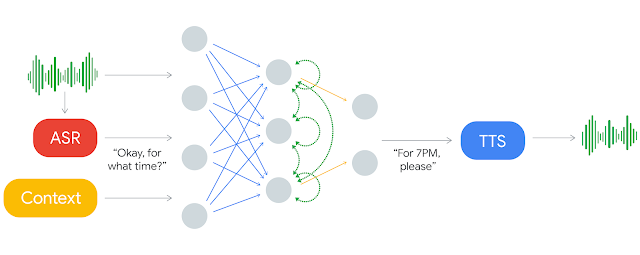Dan introduces us to Prepack, the JavaScript interpreter with a focus on optimizing runtime execution speed by transforming your code into faster code that’s better geared towards the virtual machines you can find in web browsers. |
|
Waleed helps us take full advantage of all the cores in modern computers when running Node.js applications. |
|
An npm package for tracing & visualizing lifecycle methods of arbitrary React components. |
|
Always nice to see libraries that encourage people to use more guard clauses. Sindre and Sam came up with an fluent API that supports a large set of built-in validations, as well as custom validations. It’s written in TypeScript. |  |
|
Help improve Pony Foo Weekly! We’ve been mixing web development content with interesting articles about software engineering topics in general, such as operations, AI, and architecture. Do you believe these links have a place in Pony Foo Weekly, or would you like it to be more focused?  Bill Benter did the impossible: He wrote an algorithm that couldn’t lose at the track. Close to a billion dollars later, he tells his story for the first time. An absolutely fascinating article on the topic of algorithmic betting, and one of its pioneers, William Benter, betting on the Hong Kong Jockey Club Race track circa 1985. A paper by the same person, “Computer Based Horse Race Handicapping and Wagering Systems: a Report” contains a recap of his learnings and a fountain of knowledge referenced to this day. |
|
Duplex is a new Google Assistant feature where you can ask for it to complete tasks on your behalf – over the phone. Duplex would for example call a restaurant, talk to a real person – as one would – and proceed to conversationally schedule the dinner appointment. If it’s stumbling to complete the task, it can signal for human operators to take over and complete the task. This seems to be a rare escape hatch, with Duplex understanding nuanced conversations to a degree we haven’t seen before, making for fluid and natural conversation. |  |
|
Do you want to spend a week in Barcelona talking about how the web is back? You have until May 13th to submit your talk to Full Stack Fest! They’re looking for talks about new browser APIs, success & failure stories, developer culture and software architecture. Transport & accommadtions costs covered! |  |
|
Bryan recounts stories of debugging while there’s an ongoing systems outage. He has an interesting concept, too: design for postmortem debugging and diagnostics. |
|
A guide to building a media content transcoder using Exodus, FFmpeg, and AWS Lambda. |
|
Communication is important, and communicating about impact is even more important — particularly when it comes to reducing technical debt. |
|
Every now and then you find yourself wanting to extract quoted strings, HTML tags or something in-between curly braces from a bigger string of text. While it would be more robust, maintainable and readable to write proper parser, regular expressions are often chosen as a quick solution. |  |
|
We were all introduced to the env() function in CSS when all that drama about “The Notch” and the iPhone X was going down. The way that Apple landed on helping us move content away from those “unsafe” areas was to provide us with what amounted to hard-coded variables. Now there’s a proposal for env(). |
|
|



Comments